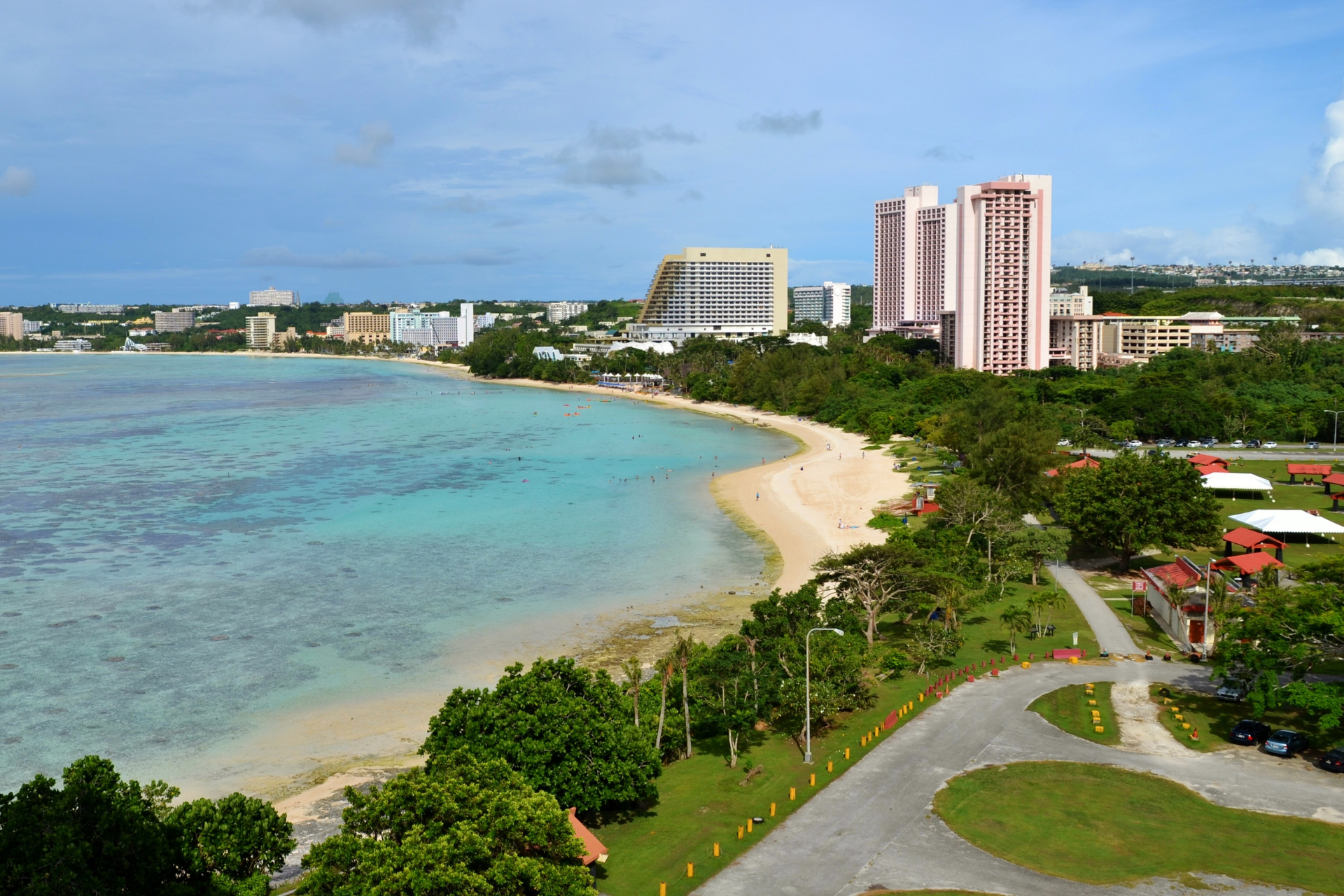A news report suggests that a group of writers in Puerto Rico have not read what President Obama’s Task Force on Puerto Rico’s Status has written about the use of English and Spanish in a State of Puerto Rico and appear to be unfamiliar with the authority of States under the Constitution of the United States.
The group headed by an individual who has worked with the territory’s “Commonwealth” party wrote the President and U.S. Attorney General Eric Holder to ask whether English would have to be the sole language used in schools, the legislature, and insular courts.
In a letter, the board of Puerto Rico’s PEN Club asked Obama and Holder for the Federal government “to not evade its responsibility to answer.”
The club is headed by Elsa Tio, who has helped the “Commonwealth” party challenge a plebiscite on the territory’s status because it did not include the party’s “Commonwealth” proposal as an option.
The proposal calls for Puerto Rico to be permanently empowered to nullify the application of Federal laws and Federal court jurisdiction and to enter into international agreements and organizations that require nationhood while retaining most current benefits of being a U.S. territory and obtaining some additional benefits. Obama’s Task Force, the George W. Bush and Clinton Administrations, and congressional committee leaders of both national political parties have said that the proposal is impossible for constitutional and other reasons.
Obama’s Task Force has also already answered the language under statehood question. In its 2011 report, the Task Force wrote that Puerto Rico should determine any language requirements in a State of Puerto Rico and English should play a role in the State similar to the one that it plays in the territory.
Further, under the U.S. Constitution, a State — unlike a territory, such as the Commonwealth of Puerto Rico — could ignore a Federal language usage requirement applied to it alone. One State even changed a policy required by the law that granted the then territory statehood.
The U.S. House of Representatives — under Republican as well as Democratic majorities — has twice handily defeated proposals to require the exclusive use of English by the Government of a State of Puerto Rico. The votes in 2010 and 1998 led to amendments that instead called for increasing English education in the territory.
President Bill Clinton also opposed the exclusive English proposal. In a speech shortly before the 1998 House vote he said, “We have made Puerto Ricans citizens. We have drafted them into the Armed Forces. We extend most laws them, especially those that are convenient to us — the rest of us. To use their culture to bar them from voting rights or responsibilities in our country if they so choose to seek them by majority vote is wrong.”
The club letter asserted that language choice “is a basic human right” — a position that is consistent with the presidential and congressional rejections of an English only requirement for statehood for Puerto Rico.
By big margins, Puerto Ricans voted against territory status and for statehood among the alternatives to it in a November 2012 plebiscite. By a very narrow margin, they also at the same time, however, elected a governor and majorities in each house of the Commonwealth Legislative Assembly who supported the territory option and opposed statehood in the plebiscite and now refuse to honor the votes.
The Obama Administration supported the plebiscite and hailed its results. But the White House proposed legislation that was enacted into law in January for another plebiscite because the opposition of new insular officials threatened to discourage congressional action on Puerto Ricans’ 2012 self-determination decisions.
The plebiscite can be on one or more of the options in the 2012 plebiscite that could resolve the question of Puerto Rico’s ultimate status — independence and nationhood in an association with the U.S. that either nation could end in addition to U.S. statehood. The option or options would be included in the plebiscite by Puerto Rico’s Elections Commission, which includes representatives of the territory’s “Commonwealth”, statehood, and Independence parties.
To ensure that an impossible “Commonwealth” party proposal is not included, the U.S. Justice Department would have to agree that the option or options do not include impossible proposals.
Two U.S. senators last month joined 130 U.S. House of Representatives members led by Puerto Rico’s resident commissioner and statehood party president, Pedro Pierluisi (D), in sponsoring bills for a transition to statehood if Puerto Ricans vote for the status a second time.


